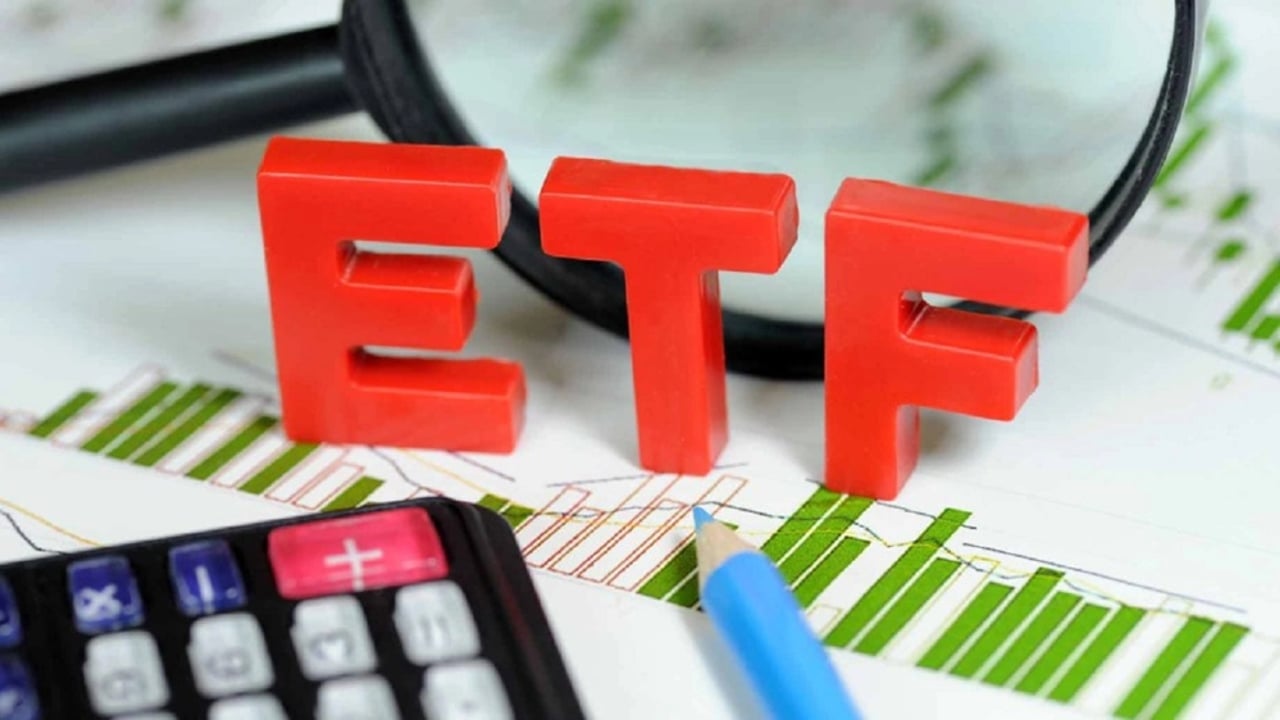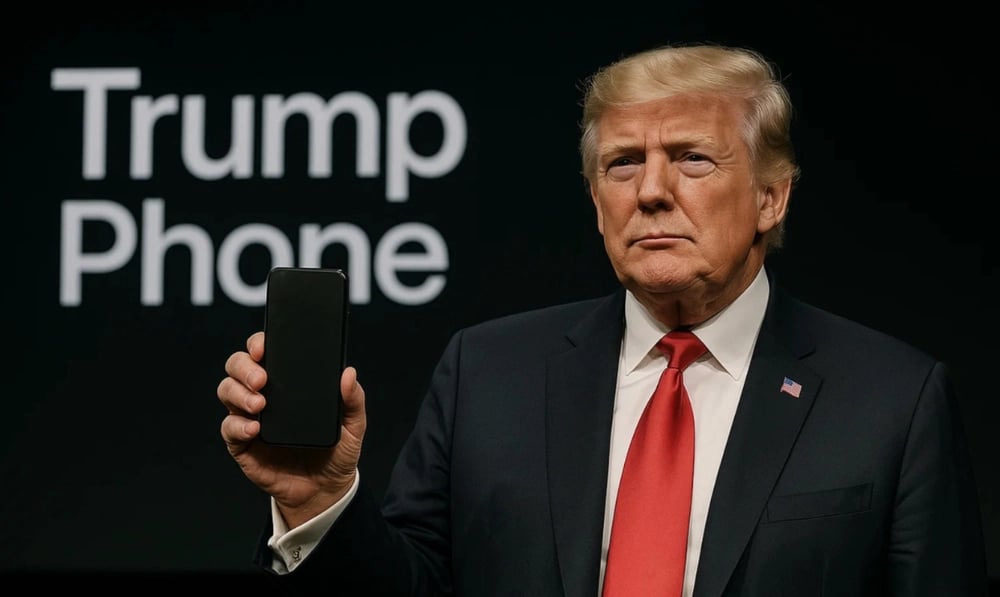Sustained Outflow from Bitcoin Exchange-Traded Funds
American Bitcoin exchange-traded funds (ETFs) are experiencing a historic period of losses, recording the longest weekly net outflow of funds since their launch in January last year. This situation is influenced not only by general market trends but also by the political climate in the United States, particularly the return of President Donald Trump to the White House.
Reasons for Fund Outflows
The outflow from Bitcoin funds, which has persisted for the last five weeks and exceeded $5.5 billion for a group of 12 ETFs, stands as one of the most significant in the history of this financial instrument. The main causes of this phenomenon include:
Political Factors: Trump's return to office and his economic policies have created greater uncertainty and a soft withdrawal from risk assets.
Trade Conflict: The intensifying trade war initiated by Trump has also exerted pressure on investors, including those interested in cryptocurrencies.
Overall Market Corrections: In times of uncertainty in traditional asset markets, investors reevaluate their portfolios, pulling funds from more risky sectors such as cryptocurrency.

Impact on the Cryptocurrency Market
These events have led to a decline in interest in Bitcoin ETFs, demonstrating how political decisions can instantly alter demand for high-risk investments. It is important to note that even among crypto investors, there is a noticeable shift in priorities, which could have further implications for the market.
Consequences Identified
Decreased liquidity in the cryptocurrency stock market;
Increased asset volatility;
Reduced confidence in the long-term growth of Bitcoin and other cryptocurrencies.
Market under Pressure
The situation surrounding ETF markets is inextricably linked to current trends in the broader economy. Political signals emanating from the Trump administration create uncertainty that undermines investor confidence in cryptocurrencies as the best prospect for portfolio diversification.

Influence on ETF Positions
Currently, the 12 Bitcoin ETFs experiencing outflows represent a significant portion of the American crypto investment fund created to provide institutional and retail investors access to the market. However, such dynamics could affect the rules of the game, reflecting temporary shifts in investor preferences. The following factors may influence future changes:
Political statements and changes in cryptocurrency legislation;
Macroeconomic indicators such as inflation and unemployment rates;
Trends in traditional asset markets that could overshadow interest in cryptocurrencies
The situation regarding outflows from Bitcoin exchange-traded funds highlights the importance of comprehensive analysis concerning the impacts of political and macroeconomic factors on cryptocurrency trading. In an environment of increasing uncertainty, careful monitoring of changes in the political landscape and financial markets will be key to understanding the future dynamics of this new investment segment.

















Comments